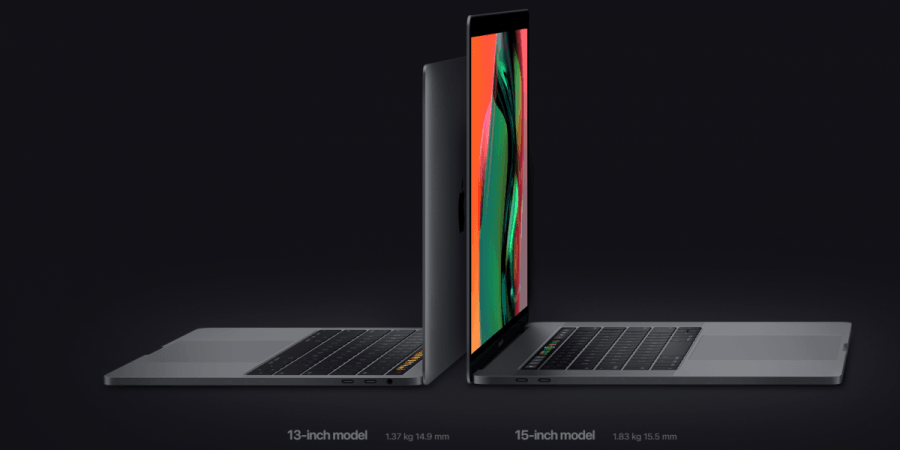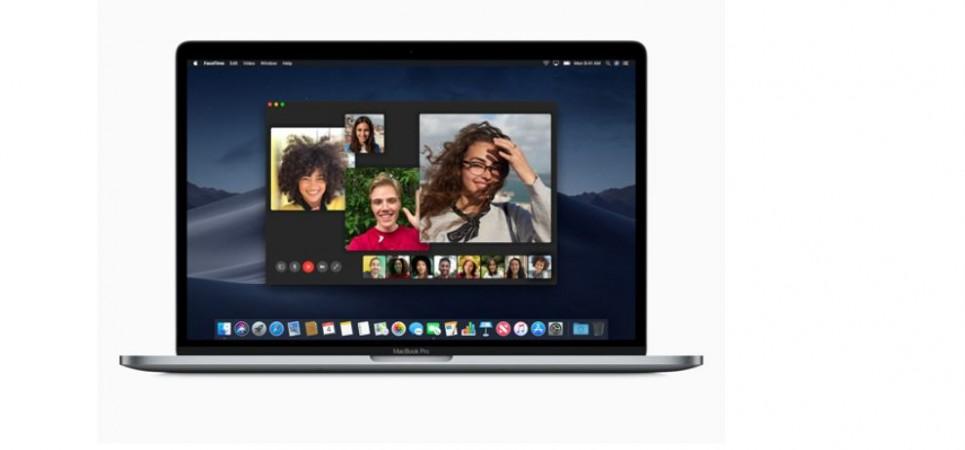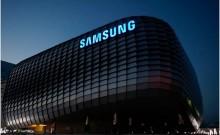Owners of MacBook Pro are furious with their laptops as they keep shutting down randomly. A lot of users have complained about this problem, prompting a response from Apple, which has an unconventional way of fixing it.
The issue is affecting the newly-released 13-inch MacBook Pro models with a Touch Bar. The 2019 machines are not flagged for a hardware replacement program, but Apple thinks simple troubleshooting can get you going. In a support document dated December 3, 2019, Apple has explained the steps to be followed in order to get rid of the bug causing random shutdowns in 2019 MacBook Pro models.
How to fix MacBook Pro's shutdowns?
Step 1: Make sure your MacBook Pro's battery is less than 90 percent
Step 2: Connect the MacBook Pro to a power source using the power adapter
Step 3: Close all open applications
Step 4: Close the MacBook Pro's lid, which puts the laptop in sleep mode
Step 5: Charge your MacBook Pro for at least 8 hours
Step 6: Update your laptop to the latest version of MacOS

By following these steps, random shutdowns should stop happening. If it doesn't fix the issue, Apple advises contacting its support team. Make sure you mention to the support executive that you've already followed the above steps and to continue the next line of troubleshooting.
If you're wondering how to update your MacBook Pro to the latest version of MacOS, which is Mojave, follow the guide below:
Step 1: Open App Store on your Mac
Step 2: Click Updates tap on the toolbar
Step 3: Click on Update for any updates listed, which should include the latest MacOS
Step 4: Wait for the update process to complete and make sure you have a strong and secure Wi-Fi connection throughout.

Also, note that users can automatically download updates by going to Apple menu > System Preferences > App Store > Download newly available updates in the background. This way, you will be notified when new updates are ready to install.
It is not clear why Apple hasn't started a formal recall of the affected laptops, but it looks like the company is gathering more information about the problem to understand if it qualifies for a hardware replacement.













